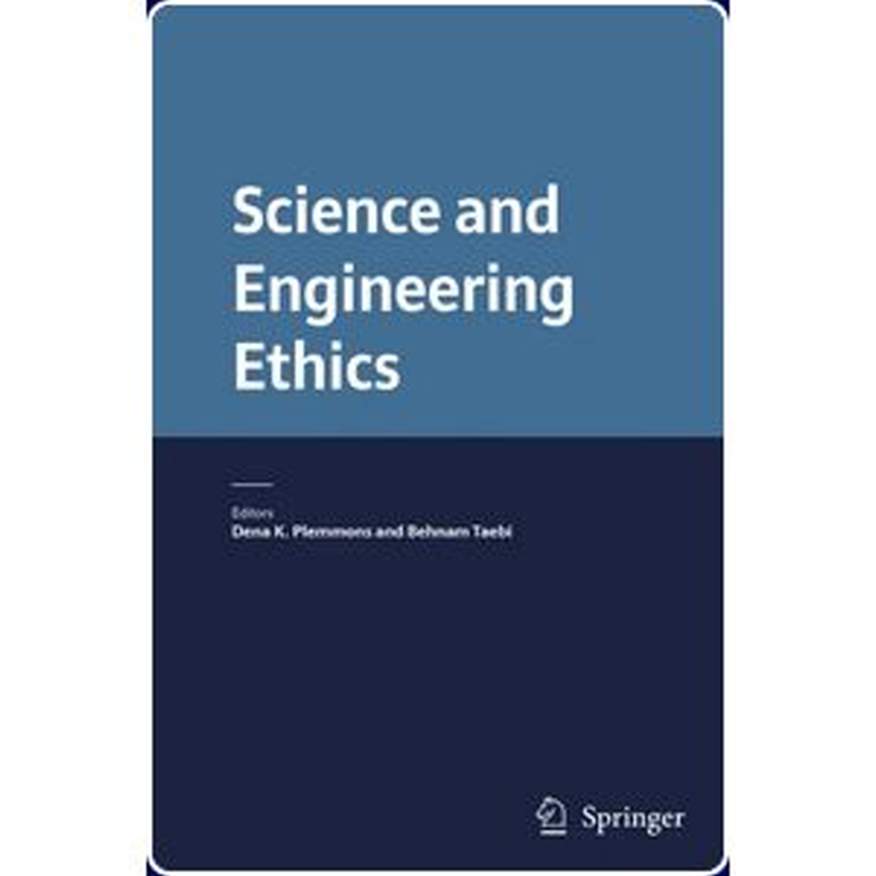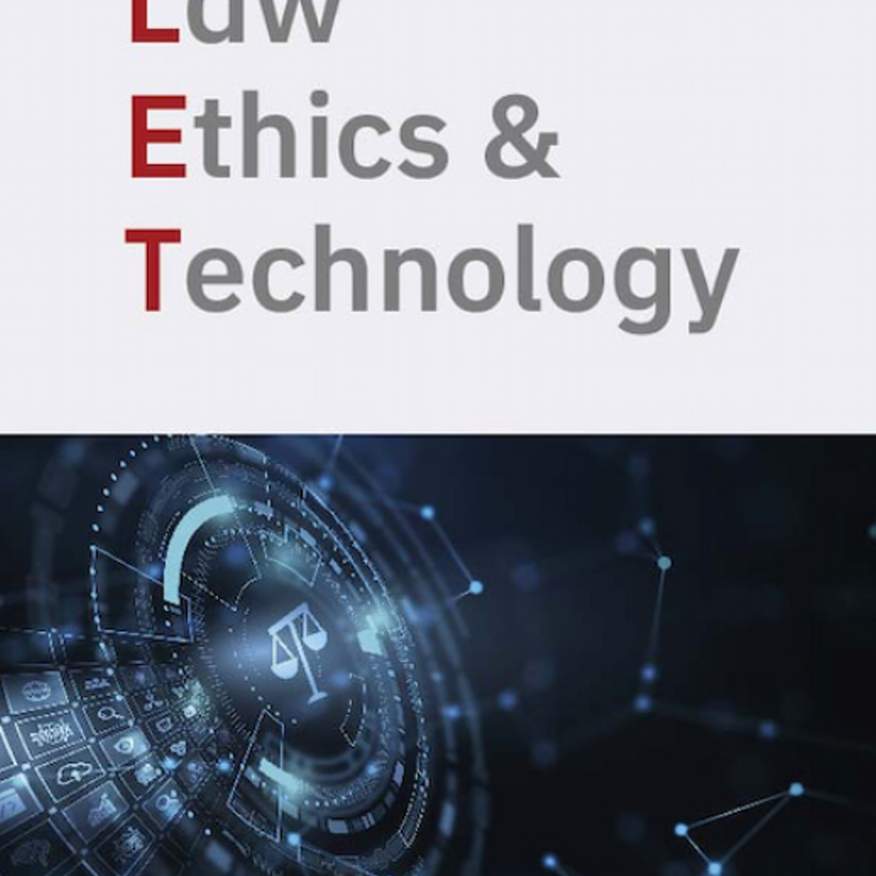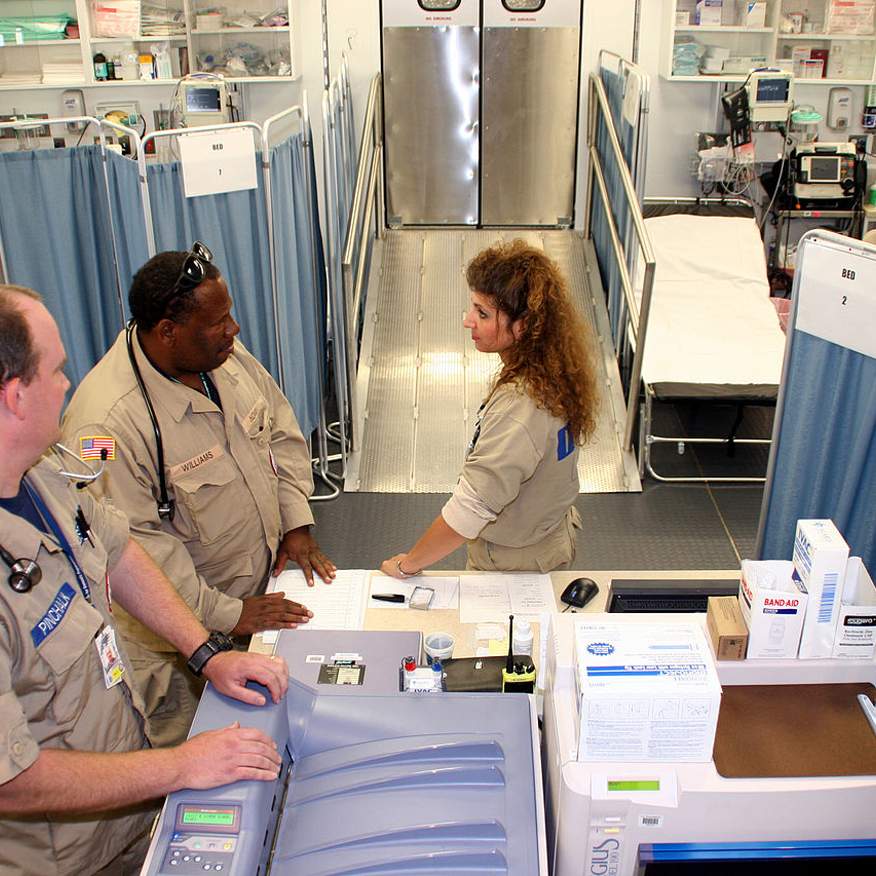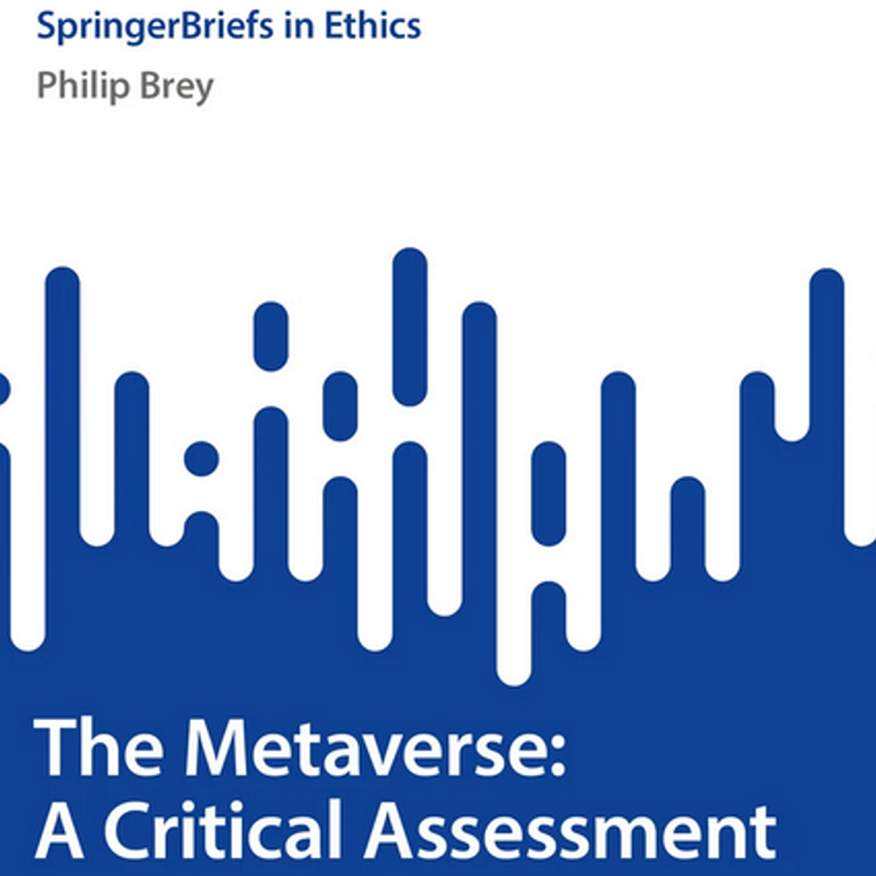
Call for papers Online
AI, Art, and Ethics
Editor: Ted Nannicelli (The University of Queensland, Australia)
Deadline onDate/deadline: 31 August 2026

Call for papers Online
Special issue on AI and animals
Artificial intelligence (AI) holds the potential to dramatically impact the lives of non-human animals (hereafter: animals), for good or bad. It has opened a whole new range of possibilities to exploit and control animals while at the same time opening the way for understanding animals and communicating with them in a hitherto unimaginable way. The impacts of AI on humans receive a lot of attention, while the impacts of AI on animals and the human–animal relationship remain underexplored. For example, ethical guidelines on AI rarely discuss animals (Owe and Baum 2021; Ryan 2022).
Deadline onDate/deadline: 30 November 2025

Call for papers Online
Special Issue Superintelligent Robots
Paper submissions are invited for the special issue of Philosophical Studies entitled: SI Superintelligent Robots. This special issue aims to explore the profound philosophical questions and ethical challenges posed by the advent of superintelligent robots.
Deadline onDate/deadline: 31 October 2025

Call for papers Online
AI-Enabled Neurotechnologies
Special Issue Editors
Deadline onDate/deadline: 2 October 2025

Call for papers Online
Artificial Intelligence and the Professions
In contrast to previous revolutions in technology and work, the professions are more vulnerable to impact and change from artificial intelligence.
Deadline onDate/deadline: 30 September 2025

Call for papers Online
Ethics of Artificial Intelligence
The editorial board of Síntese, one of the most traditional philosophy journals in Brazil (since 1959) published by the Department of Philosophy at the Faculdade Jesuíta de Filosofia e Teologia (FAJE), invites submissions for a special issue on the Ethics of Artificial Intelligence (AI).
Deadline onDate/deadline: 30 September 2025

Call for papers Online
Special Issue on “Ethics of Artificial Intelligence”
Call for Papers: Special Issue on "Ethics of Artificial Intelligence" Síntese – Philosophy Journal (FAJE)
Deadline onDate/deadline: 30 September 2025

Workshop Online
Online Workshop on Agentic AI
The Centre for Philosophy and AI Research PAIR (University of Erlangen-Nuremberg), the Institute of Philosophy (Chinese Academy of Sciences), and Northeastern University - London are organising an online workshop on Agentic AI.
Workshop dates: November 21st and 28th, 2025
Workshop dates: November 21st and 28th, 2025
Deadline onDate/deadline: 25 September 2025

Call for abstracts Royal Military Academy, Brussels, Belgium
Ethical and Social Perspectives on New Military Technologies
The aim of this 2-day international conference is to examine ethical and social perspectives on the impact of technologies such as artificial intelligence, robotics, and autonomous systems on the military, warfare, and the Just War tradition. There will be a strong focus on applied military ethics, but researchers from any relevant fields are encouraged to apply.
Deadline onDate/deadline: 19 September 2025

Call for papers Online
Sense-Making and Collective Virtues among AI Innovators
Co-hosted by two Springer journals: SN Social Sciences and SN Business & Economics, it is part of their joint Permanent Collection “Sustainable Digital Development: Business, Values, and Governance”.
Deadline onDate/deadline: 31 August 2025

Workshop NC State University in Raleigh, North Carolina, USA
Ethics and Autonomous Vehicles Workshop
Deadline for abstracts: Aug 30th
Abstracts (up to 500 words) should be submitted via email to Aisocietyncstate@gmail.com.
Abstracts (up to 500 words) should be submitted via email to Aisocietyncstate@gmail.com.
Deadline onDate/deadline: 30 August 2025

Call for papers Online
Special issue on the ethics of autonomous vehicles (AI&S)
The expansion of artificial intelligence (AI) and autonomous systems has shown great potential to generate enormous social good while also raising serious ethical and safety concerns. It is therefore important to apply interdisciplinary research methods and tools to comprehensively analyze the social and ethical implications of AI embodied in autonomous vehicles (AVs).
Importantly, AVs will take actions that directly affect human life and societal well-being. Thus, it is imperative to analyze ethical concerns related to AVs to identify at-risk populations, inform policy, and generate hypotheses for future empirical ethics research on AI. Identifying norms and accounting for multiple ethical issues related to AVs will increase public confidence that the diverse values of a pluralistic society can be successfully implemented.
Importantly, AVs will take actions that directly affect human life and societal well-being. Thus, it is imperative to analyze ethical concerns related to AVs to identify at-risk populations, inform policy, and generate hypotheses for future empirical ethics research on AI. Identifying norms and accounting for multiple ethical issues related to AVs will increase public confidence that the diverse values of a pluralistic society can be successfully implemented.
Deadline onDate/deadline: 30 August 2025

Vacancy Birkbeck, University of London
Two tenure-track lectureships at Birkbeck
Birkbeck, University of London is seeking to hire two lecturers in philosophy. Each lectureship has the same job description:
Deadline onDate/deadline: 28 August 2025

Call for abstracts Delft University of Technology
Resilience, Social Structures and Transformation
Call for papers for the track Resilience, Social Structures and Transformation at the conference International Conference of Resilience Systems
Deadline onDate/deadline: 27 August 2025

Call for abstracts Leuven (Belgium)
First Conference of the European Moral Responsibility Consortium
First Conference of the European Moral Responsibility Consortium (EMRC)
December 4-6, 2025, Institute of Philosophy, KU Leuven, Belgium
December 4-6, 2025, Institute of Philosophy, KU Leuven, Belgium
Deadline onDate/deadline: 15 August 2025

Vacancy University of Nottingham
26-month postdoc/research fellow position at University of Nottingham
The Department of Philosophy at the University of Nottingham is seeking a Research Fellow in Philosophy of AI or relevant field. The purpose of this role is to work on the AHRC-funded project ‘Responsible use of AI in the creation, reactivation, archiving and conservation of artworks and their archives’: ArcaiArt. This is 3-year, multidisciplinary and transnational project which aims to generate new knowledge on responsible innovation when AI is used to create, document, reactivate and conserve artworks and their archives.
The successful applicant must have a PhD (or close to completion) in Philosophy or related fields. They must have excellent oral and written communication skills (and be fluent in English). They must also have the ability to work well to deadlines and to manage administrative demands efficiently. Experience of working on Responsible AI projects or projects on Responsibility, or evidence of relevant publications in this area is desirable.
We warmly welcome applications from under-represented groups, regardless of gender, race, colour, nationality, ethnic or national origin, age, socio-economic background, disability, religious or political beliefs, trade union membership, family circumstances, sexual orientation or other irrelevant distinction. We have an Athena Swan Bronze Award recognising good practice towards the advancement of gender equality in our school.
Shortlisting is anonymous. We cannot see any personal data or the ‘Additional Information’ section in your application until shortlisting is completed. Shortlisting is by criteria-based questions based on the role specification, rather than CV or letter.
This is a 26-month, fixed-term, part-time 0.6 (21.75 hours per week), post commencing on 3 November 2025 or as soon thereafter until 24 December 2027. The candidate will be expected to attend scheduled online and in-person meetings and events with relevant parties in the Nottingham area, though extended periods of research will also be undertaken in London and elsewhere.
Informal enquiries may be addressed to Dr Lydia Farina, email: lydia.farina@nottingham.ac.uk; please note that applications sent directly to this email address will not be accepted.
The successful applicant must have a PhD (or close to completion) in Philosophy or related fields. They must have excellent oral and written communication skills (and be fluent in English). They must also have the ability to work well to deadlines and to manage administrative demands efficiently. Experience of working on Responsible AI projects or projects on Responsibility, or evidence of relevant publications in this area is desirable.
We warmly welcome applications from under-represented groups, regardless of gender, race, colour, nationality, ethnic or national origin, age, socio-economic background, disability, religious or political beliefs, trade union membership, family circumstances, sexual orientation or other irrelevant distinction. We have an Athena Swan Bronze Award recognising good practice towards the advancement of gender equality in our school.
Shortlisting is anonymous. We cannot see any personal data or the ‘Additional Information’ section in your application until shortlisting is completed. Shortlisting is by criteria-based questions based on the role specification, rather than CV or letter.
This is a 26-month, fixed-term, part-time 0.6 (21.75 hours per week), post commencing on 3 November 2025 or as soon thereafter until 24 December 2027. The candidate will be expected to attend scheduled online and in-person meetings and events with relevant parties in the Nottingham area, though extended periods of research will also be undertaken in London and elsewhere.
Informal enquiries may be addressed to Dr Lydia Farina, email: lydia.farina@nottingham.ac.uk; please note that applications sent directly to this email address will not be accepted.
Deadline onDate/deadline: 6 August 2025

Call for papers Online
Topical Collection for Ethics and Information Technology
Like artificial intelligence (AI), virtual reality (VR) is becoming an increasingly important part of our lives. It is a major factor in media and communication, technological interaction, economic production, and simulation. Recently, David Chalmers
Deadline onDate/deadline: 31 July 2025

Call for abstracts Online
Feeling contemporary war
Contemporary warfare is aided, disrupted, and mediated by ever-developing digital technologies, semi-autonomous and autonomous weapons and equipment, deepfake AI propaganda, mediation through social media, and much more. These shifts suggest that contemporary warfare is in some sense a ‘new’ modality of conflict, or at least that it has new and distinctive characteristics that are in urgent need of analysis and critique. Before we can understand contemporary war, we contend, two interpretive gestures are necessary: firstly, to more fully sense war and apprehend the multiple ways that war becomes embodied; secondly, we must account for war’s multivocality and expand the ‘we’ of who gets to speak about their embodied experience of war. This book investigates the multiform ways in which war is sensed and felt from multiple underrepresented perspectives that diverge from the hegemonic norm, and by doing so, strives to arrive at an expanded vision of the sensorial complexity of contemporary armed conflict. If we are willing to critically reflect on the regimes of sensing and emotions we each differently inhabit, we contend, these insights can enrich and deepen our understandings of war, state power, and—crucially—the ways that they may be resisted. In particular, we ask:
Deadline onDate/deadline: 19 July 2025

Publication
New book Philip Brey: The Metaverse A Critical Assessment
4TU.Ethics MT member Philip Brey, Professor of Philosophy and Ethics of Technology at the University of Twente, has published a new book with titled The Metaverse: A Critical Assessment.
When16 July 2025
HomeNews



